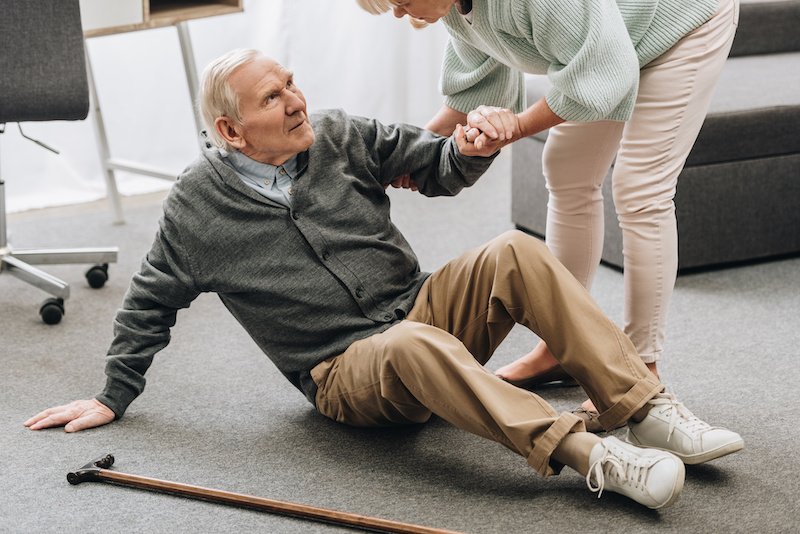Hearing loss is often perceived as a condition that primarily affects one’s ability to hear and communicate. However, its impact goes far beyond auditory perception. In recent years, researchers have discovered a significant and somewhat surprising connection between hearing loss and an increased risk of falls. This connection is not just a mere coincidence but rather a complex interplay of factors that affects both the young and the elderly. In this blog post, we will delve into the link between hearing loss and falls, exploring the causes, consequences, and preventive measures.
The Prevalence of Hearing Loss
Hearing loss is more common than you might think. According to the World Health Organization (WHO), approximately 430 million people worldwide suffer from disabling hearing loss. This number is expected to rise to over 700 million by 2050. While hearing loss is often associated with aging, it can affect people of all ages due to a variety of causes, including genetic factors, noise exposure, infections, and more.
The Connection: Hearing Loss and Falls
Several studies have shed light on the connection between hearing loss and an increased risk of falls. While the exact mechanisms are not fully understood, there are several factors contributing to this link:
- Sensory Impairment: Hearing loss is a sensory impairment that can affect one’s ability to perceive the environment accurately. When hearing is compromised, individuals may struggle to detect crucial auditory cues that signal potential hazards, such as approaching footsteps, sirens, or alarms.
- Cognitive Load: Hearing loss often requires more cognitive effort to process sound and speech, leaving fewer cognitive resources available for tasks like maintaining balance and spatial awareness. This increased cognitive load can make individuals more vulnerable to falls.
- Social Isolation: Hearing loss can lead to social isolation, as individuals may withdraw from social activities due to communication difficulties. Social isolation has been linked to depression, anxiety, and a sedentary lifestyle, all of which can contribute to physical frailty and an increased risk of falls.
- Reduced Awareness: Individuals with hearing loss may have reduced awareness of their surroundings, making it more challenging to respond quickly to unexpected events or changes in the environment.
Consequences of Falls
Falls can have severe consequences, especially for older adults. Common consequences include fractures, head injuries, and a loss of independence. Moreover, falls often lead to a fear of falling, which can further limit physical activity and quality of life.
Preventing Falls in Individuals with Hearing Loss
The good news is that there are strategies to reduce the risk of falls in individuals with hearing loss. These include:
- Regular Hearing Check-Ups: Routine hearing assessments can help detect hearing loss early and allow for timely intervention, such as hearing aids.
- Assistive Devices: Hearing aids and assistive listening devices can improve auditory awareness and reduce the cognitive load associated with hearing loss.
- Environmental Modifications: Make home environments safer by removing tripping hazards, improving lighting, and installing handrails and grab bars.
- Balance and Strength Training: Engaging in regular exercise and balance training can improve physical strength and reduce the risk of falls.
- Hearing and Vision Combined: Since vision is also crucial for maintaining balance, it’s essential to address both hearing and vision impairment together to enhance overall sensory awareness.
Hearing loss is not an isolated condition affecting one’s ears; it has far-reaching consequences that can impact overall health and safety. The link between hearing loss and falls is a vital area of research, shedding light on the importance of early detection and intervention. By addressing hearing loss and taking preventive measures, individuals can significantly reduce their risk of falls and the associated physical and emotional consequences.
To learn more about the link between hearing loss and falls, we invite you to contact our hearing practice today.




